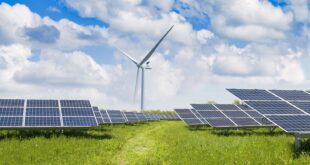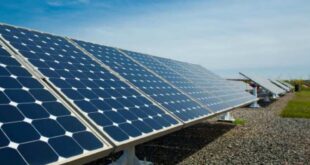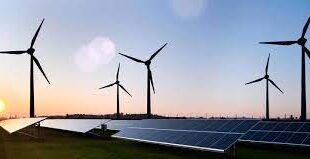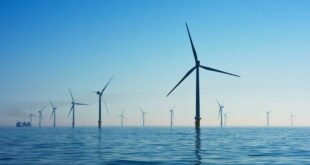The United Nations Economic and Social Commission for Asia and the Pacific (ESCAP) and the International Renewable Energy Agency (IRENA) have joined together to bolster Asia-Pacific’s response to the Covid-19 crisis.
The two organisations will work towards improving sustainable energy infrastructure and access across the region, which is home to more than 1.2 billion people without access to clean cooking fuel and 200 million people living without electricity.
A high dependency on fossil fuels in the region is considered to have health implications that could aid mortality by Covid-19 – the new partnership calls to prioritise the deployment of decentralised renewable energy technologies and rural frontline health centres to prepare for large-scale immunisation once a vaccine is available.
The two organisations recommend renewable energy sources could offer low-cost and quick-to-install solutions that could help avoid the worst effects of the pandemic.
Armida Salsiah Alisjahbana, United Nations Under-Secretary-General and Executive Secretary of ESCAP, said: The pandemic is an opportunity for us to rethink our economic growth path that has come at a heavy cost to the people and planet. To bring about a fundamental shift for the energy transition, we need to adopt the motto of no more business as usual for all stakeholders.
Policymakers should not lose sight of the looming climate crisis but rather design economic stimulus packages with social inclusion and environmental sustainability built into every decision in particular sustainable energy development.
 Iran Energy News Oil, Gas, Petrochemical and Energy Field Specialized Channel
Iran Energy News Oil, Gas, Petrochemical and Energy Field Specialized Channel




